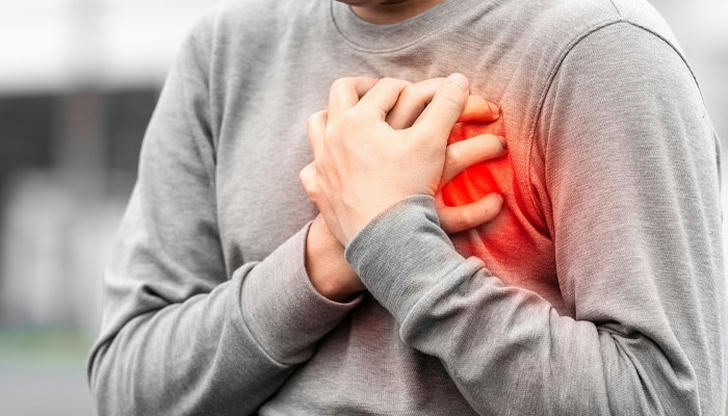Heart Attack Signs You May Not Expect
When we think of a heart attack, the first image that comes to mind is chest pain or pressure. While this is a common symptom, many heart attacks present with less obvious signs that are often overlooked or mistaken for other conditions.
Recognizing these unexpected signs can save lives by prompting earlier medical attention. In this article, we explore the lesser-known symptoms of a heart attack and why awareness is critical.

Classic vs. Atypical Heart Attack Symptoms
| Symptom Type | Common Signs | Unexpected Signs |
|---|---|---|
| Chest-related | Chest pain, pressure, tightness | Mild discomfort, indigestion-like pain |
| Other areas | Pain radiating to arm, jaw, neck | Jaw pain without chest pain |
| General symptoms | Shortness of breath, sweating | Nausea, fatigue, anxiety |
Unexplained Fatigue 😴
- Many people experience sudden, intense tiredness in the days or hours before a heart attack.
- Women, in particular, report this symptom more often than men.
- This fatigue is more than ordinary tiredness—it can feel overwhelming and unrelenting.
If you experience extreme fatigue with no clear cause, especially combined with other subtle symptoms, seek medical advice.
Indigestion or Heartburn-Like Sensation 🔥
- Some heart attacks feel like severe indigestion or acid reflux.
- People may mistake it for a stomach upset or gas.
- This symptom is especially common in women and older adults.
Jaw, Neck, or Back Pain 🦷
- Pain may radiate to the jaw, neck, or upper back without accompanying chest pain.
- This is often confused with dental problems or muscle strain.
- Recognizing this as a heart-related symptom is crucial.
Shortness of Breath Without Chest Pain 😤
- Difficulty breathing or feeling winded without chest discomfort can be a sign of a heart attack.
- This symptom occurs when the heart can’t pump effectively, causing fluid buildup in the lungs.
Nausea, Vomiting, or Lightheadedness 🤢
- Heart attacks can cause gastrointestinal symptoms such as nausea or vomiting.
- Lightheadedness or dizziness may indicate reduced blood flow to the brain.
Cold Sweats and Anxiety ❄️😰
- Sudden cold sweating or a feeling of impending doom can occur during a heart attack.
- Anxiety-like symptoms may be mistaken for a panic attack but could signal cardiac distress.
Why These Symptoms Are Often Missed
- Atypical symptoms are more common in women, older adults, and people with diabetes.
- Lack of awareness leads to delays in seeking treatment.
- Many attribute symptoms to less serious causes.
What To Do If You Suspect a Heart Attack ❤️🚑
Immediate Steps:
- Call emergency services right away.
- Do not drive yourself to the hospital.
- Chew aspirin (unless allergic) while waiting for help.
- Stay calm and rest.
Early treatment improves survival and reduces heart damage.
Prevention Tips for Heart Health 💪
| Tip | Explanation |
|---|---|
| Maintain a healthy diet | Low in saturated fat and salt |
| Regular exercise | At least 150 minutes moderate/week |
| Control blood pressure | Monitor and treat hypertension |
| Quit smoking | Smoking greatly increases risk |
| Manage stress | Practice relaxation techniques |
When to Get Checked
- If you experience any of these atypical symptoms repeatedly or suddenly.
- Especially if you have risk factors like family history, high cholesterol, or diabetes.
Conclusion
Heart attacks don't always come with classic chest pain. Paying attention to subtle or unexpected signs—such as fatigue, jaw pain, or nausea—can be lifesaving.
Don’t ignore these symptoms or delay getting help. Awareness and swift action are your best defenses against heart disease.
Your heart matters — listen closely to what it’s telling you. ❤️
References
- American Heart Association (AHA)
- Centers for Disease Control and Prevention (CDC)
- Mayo Clinic: Heart Attack Symptoms Guide
